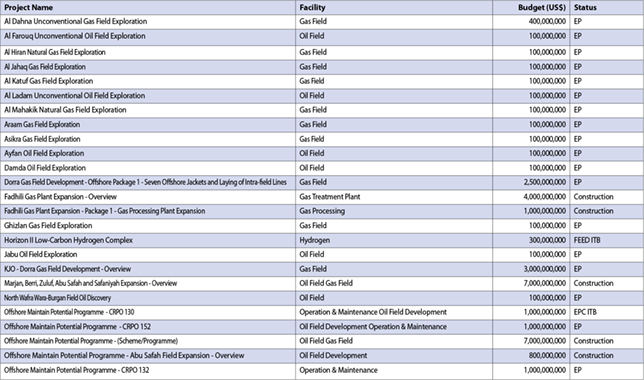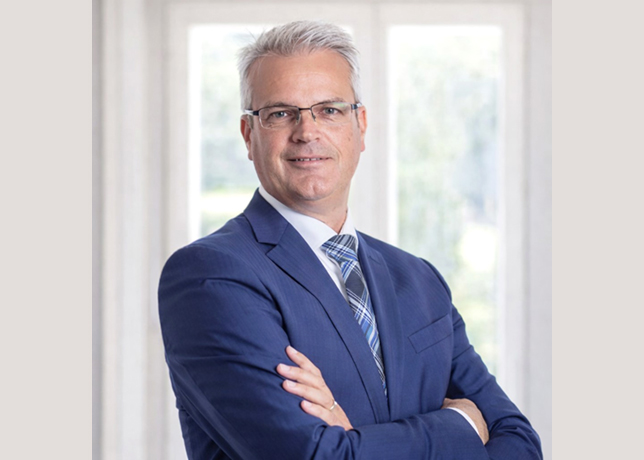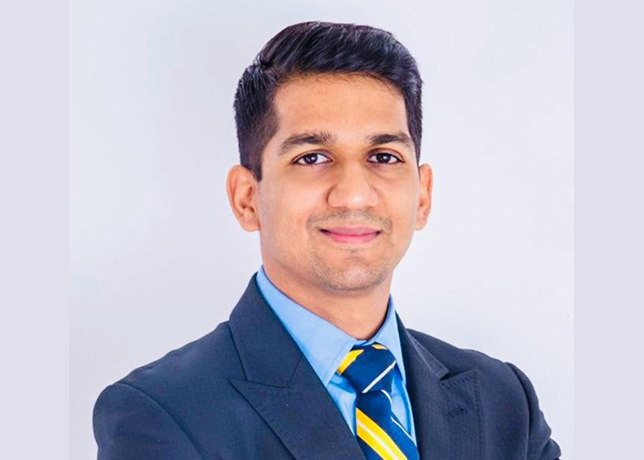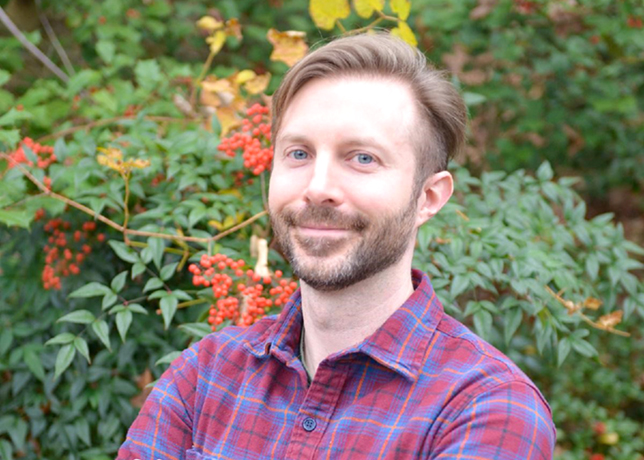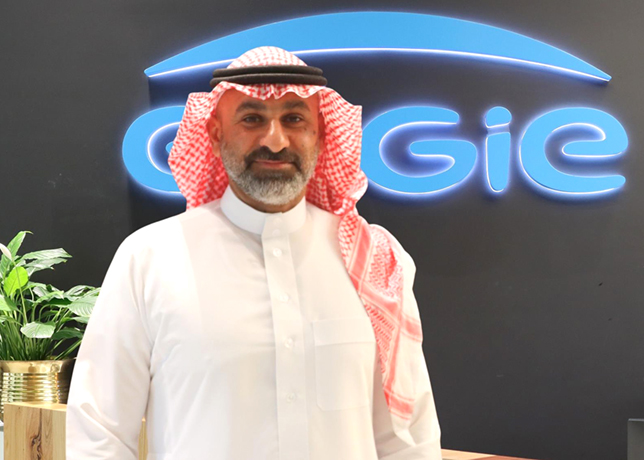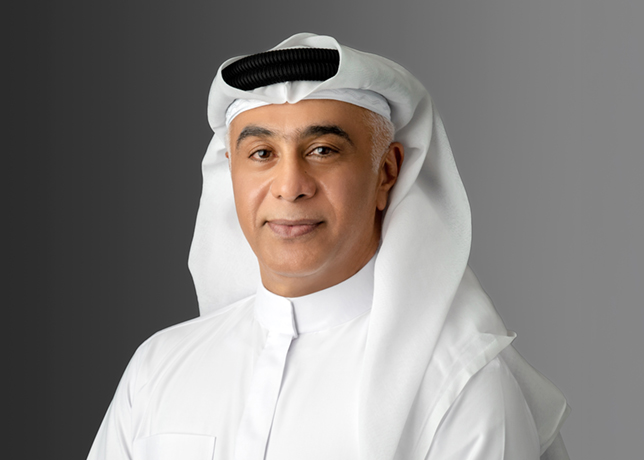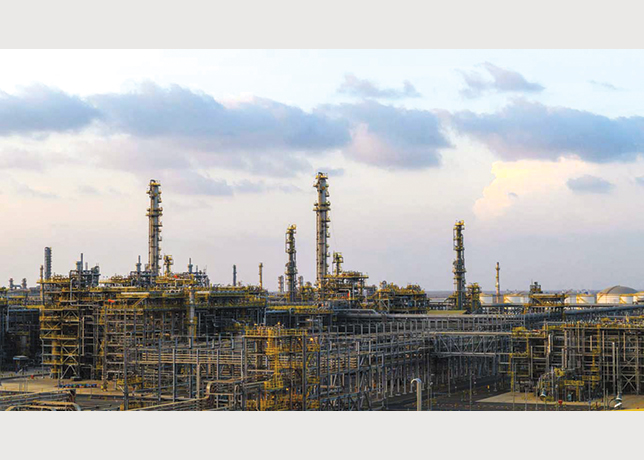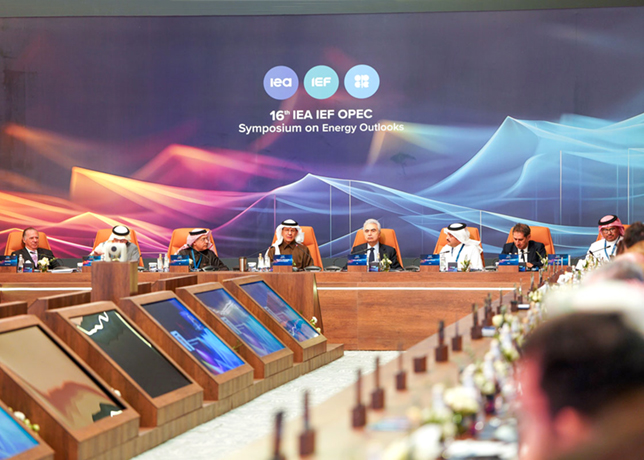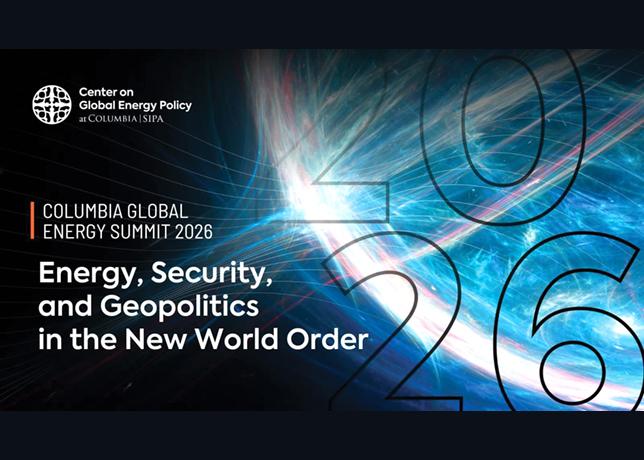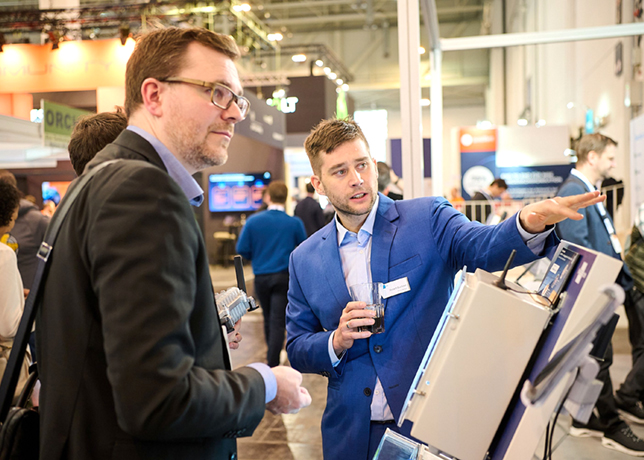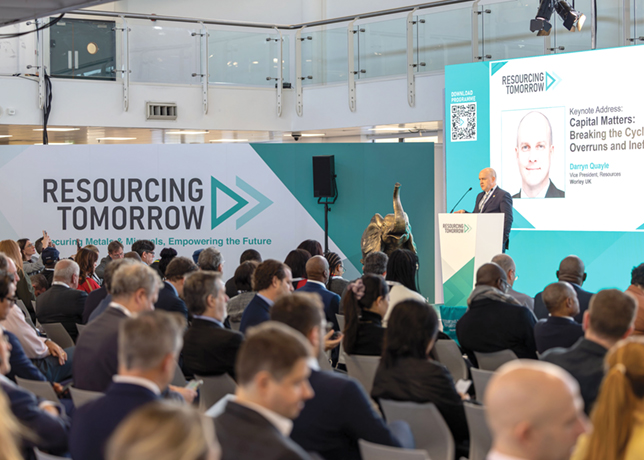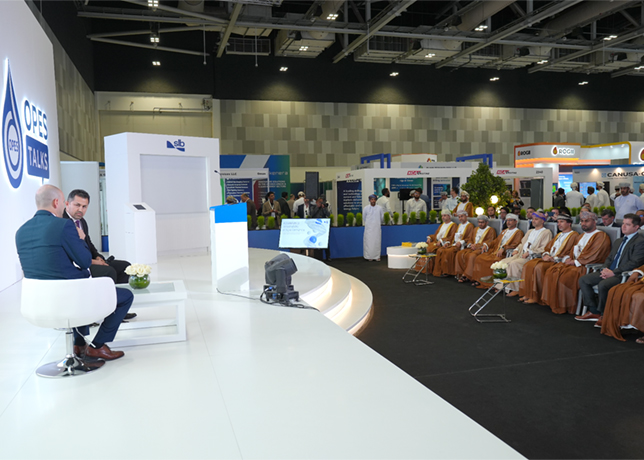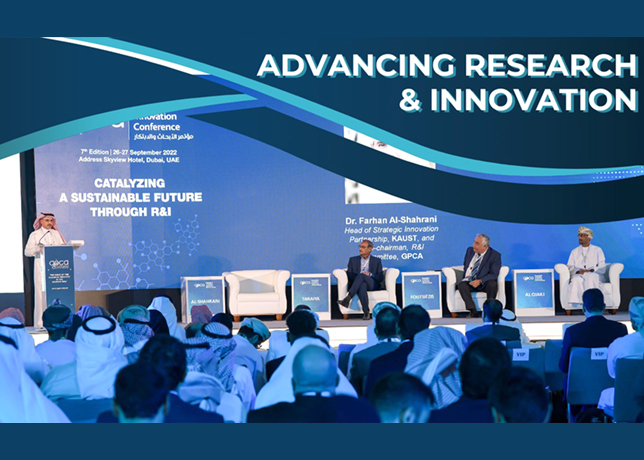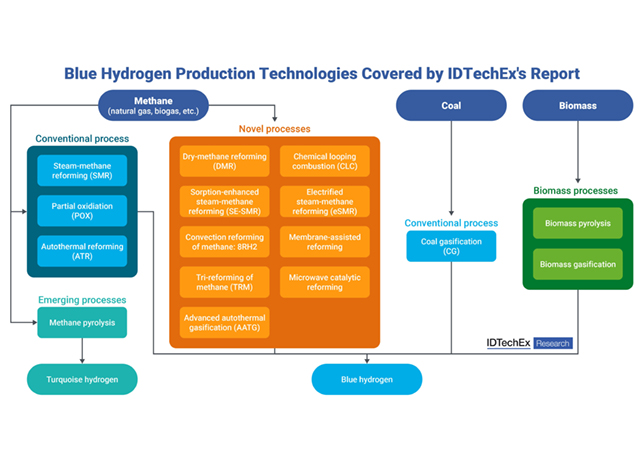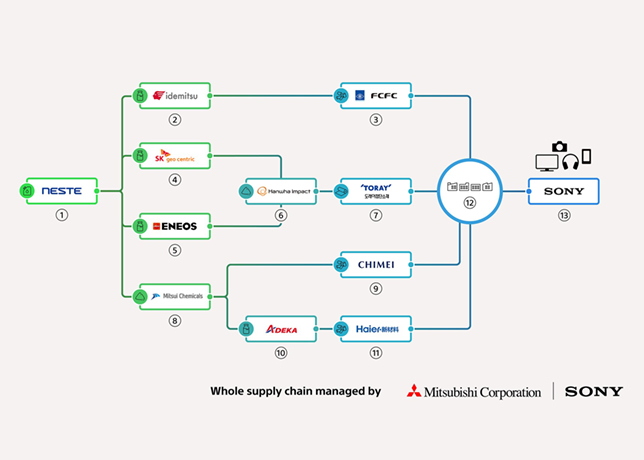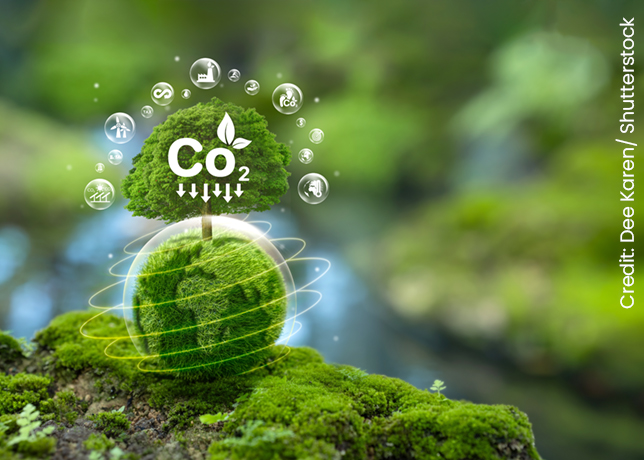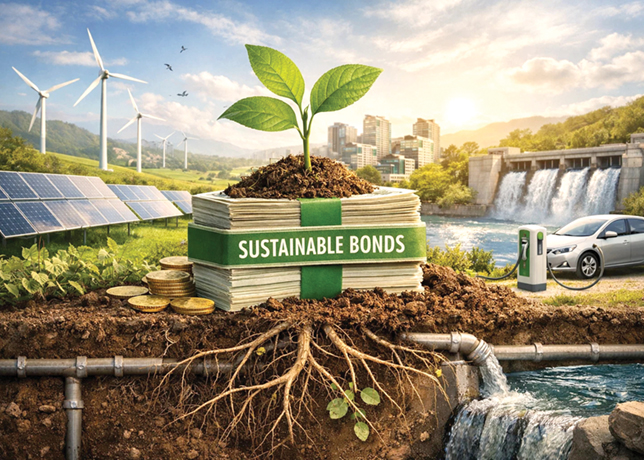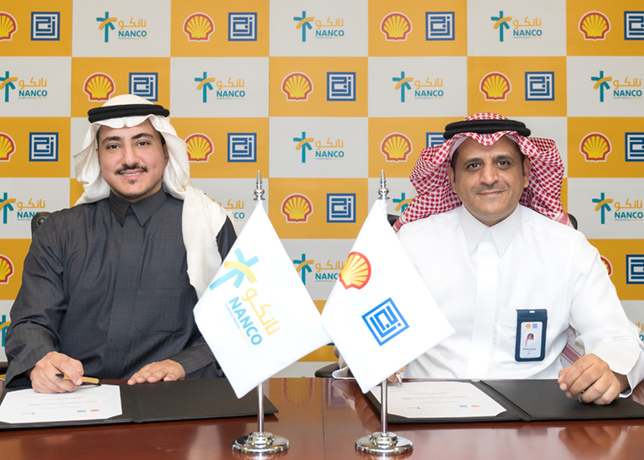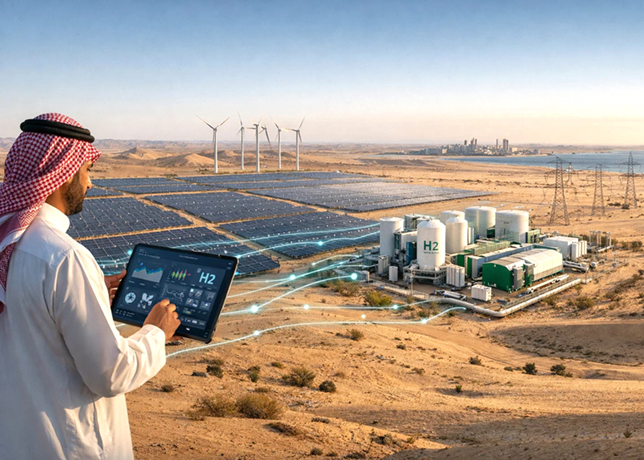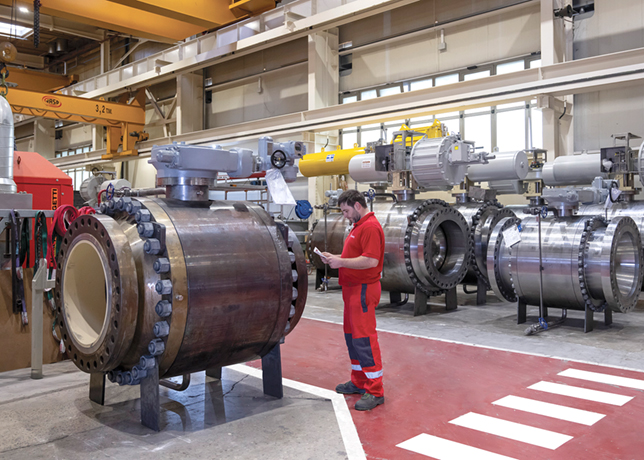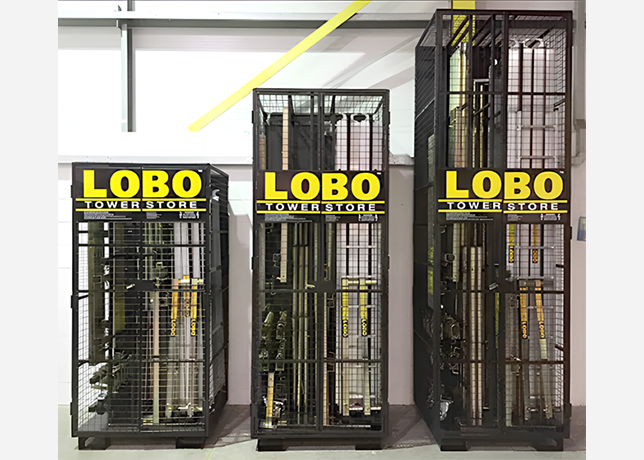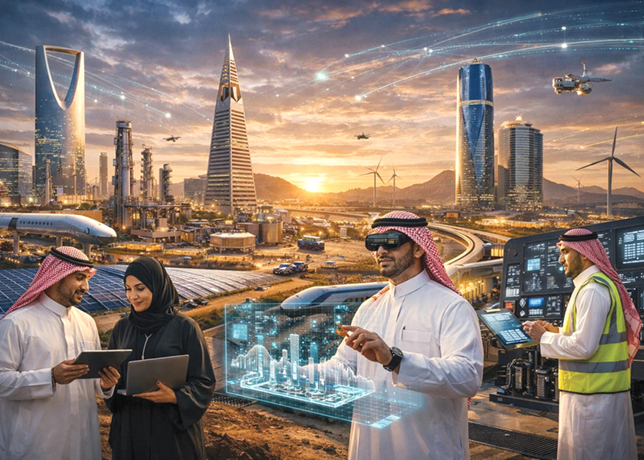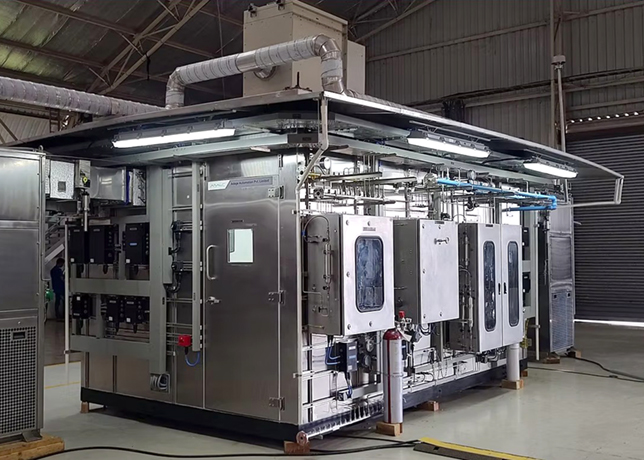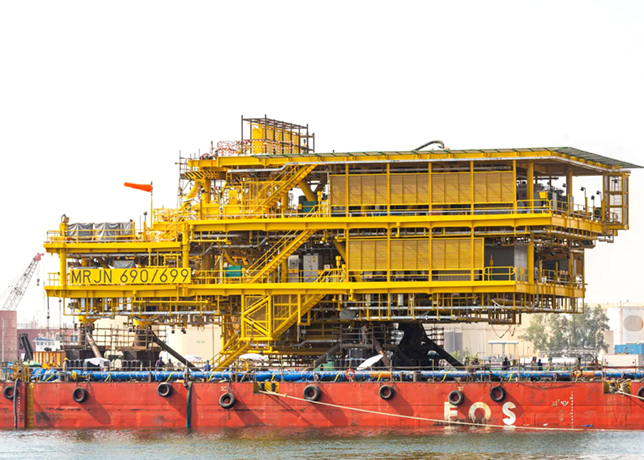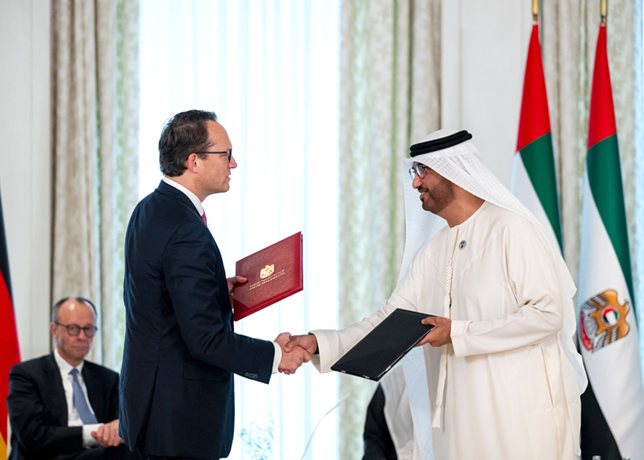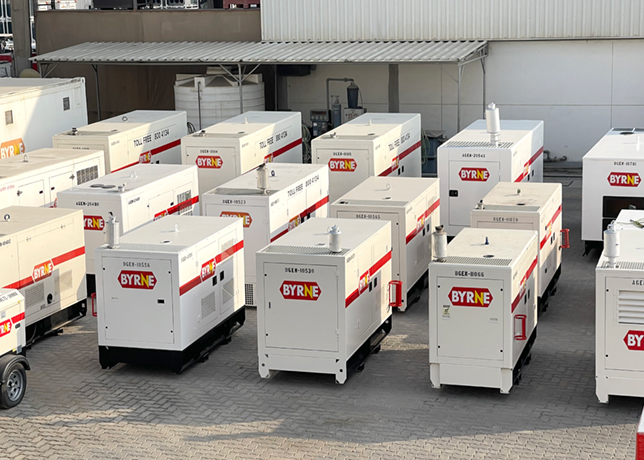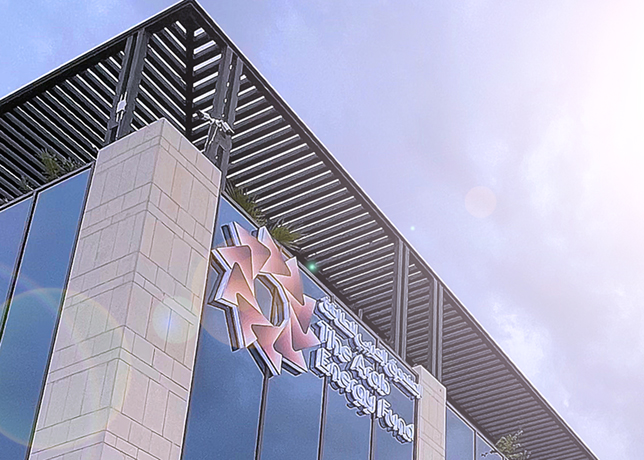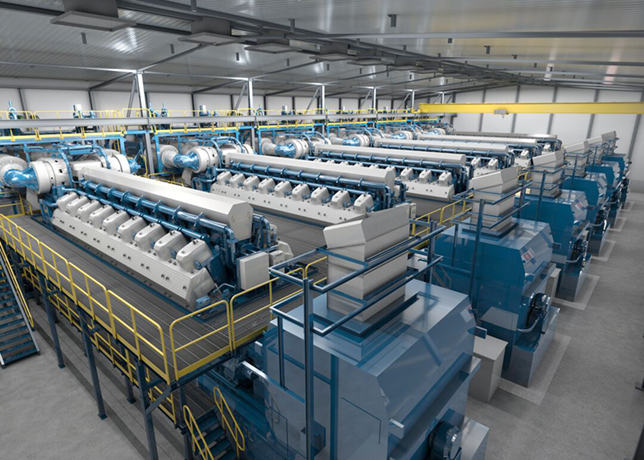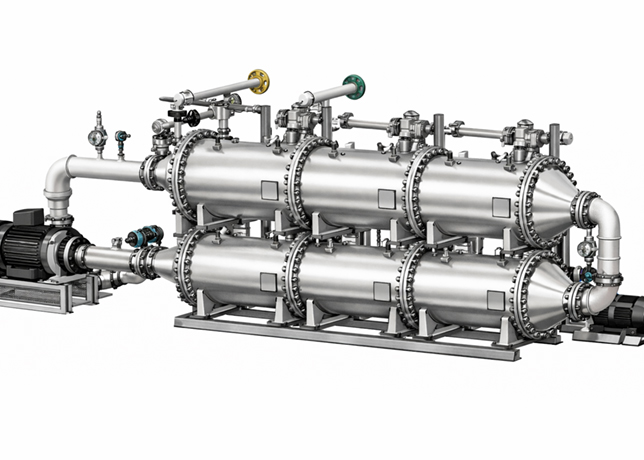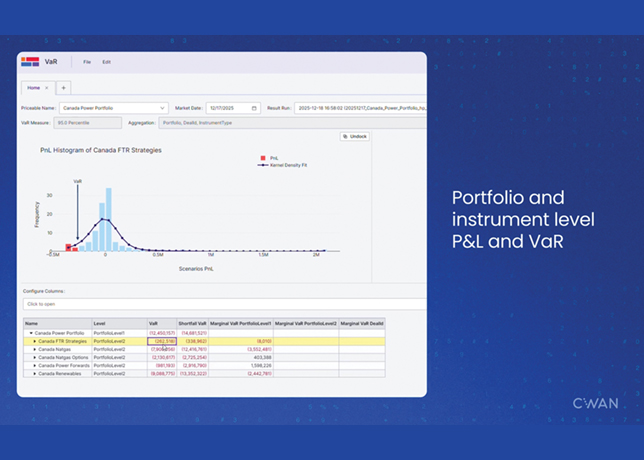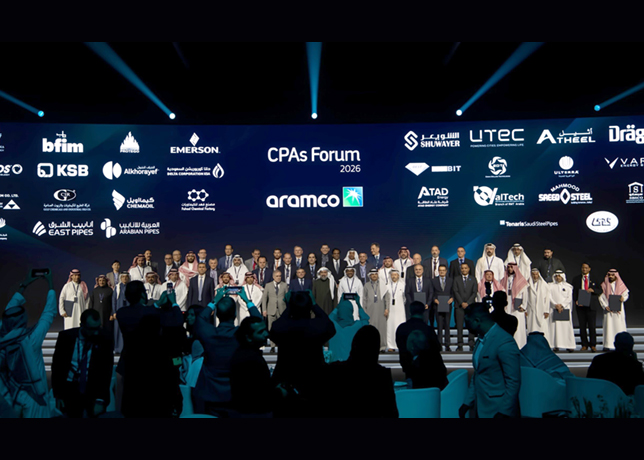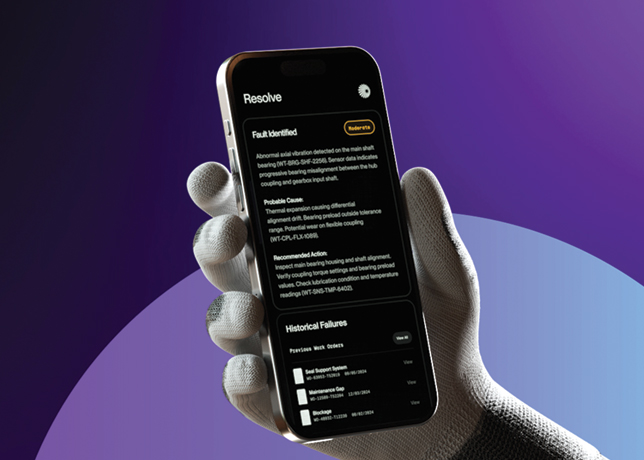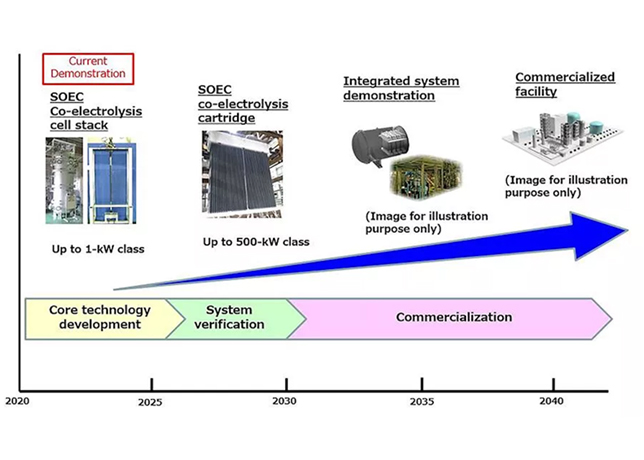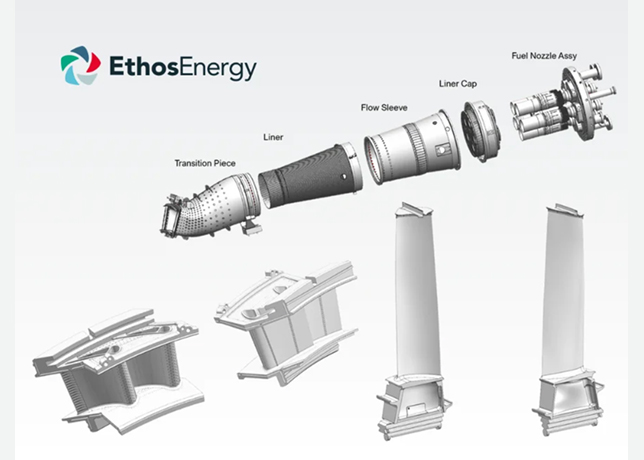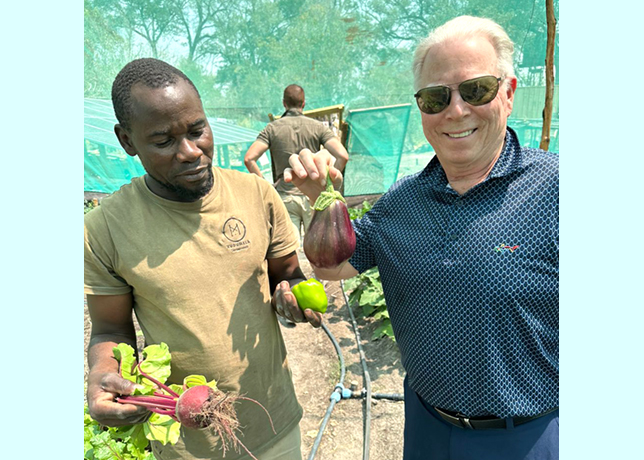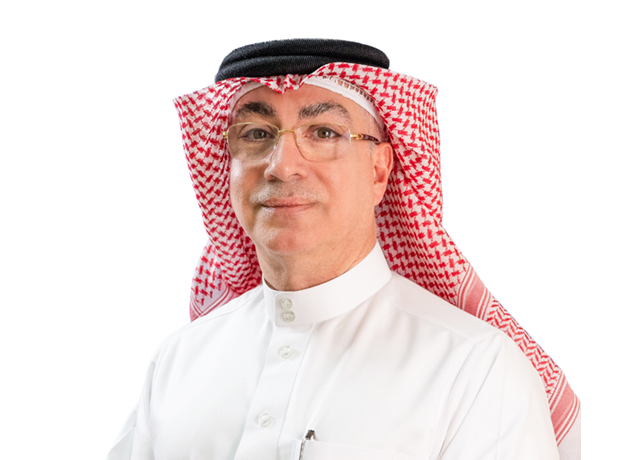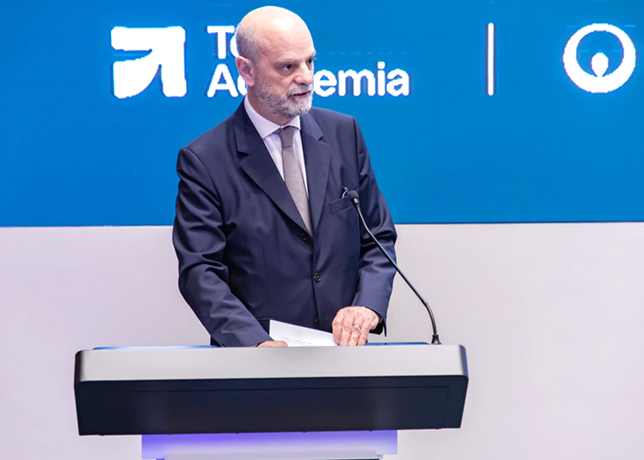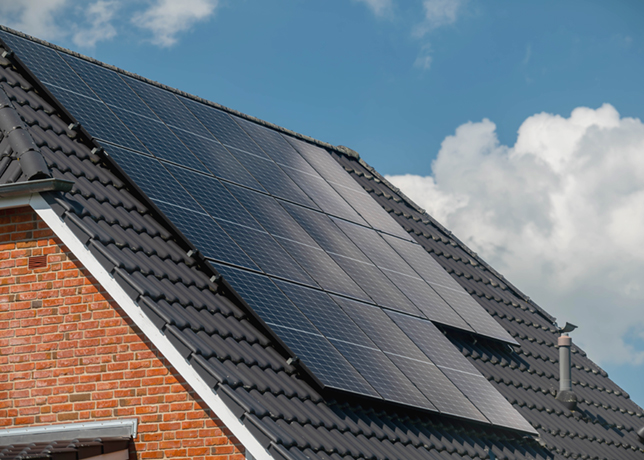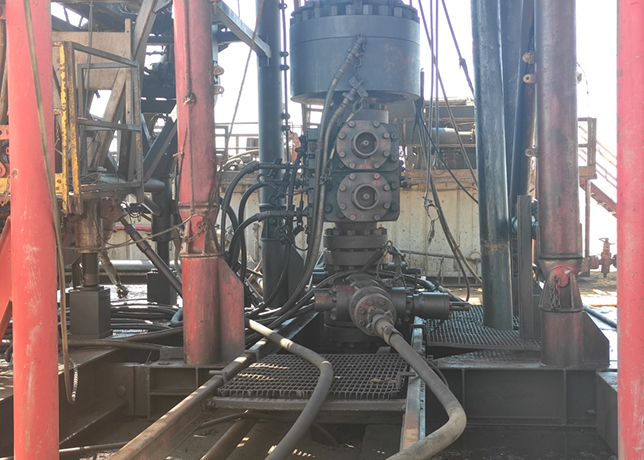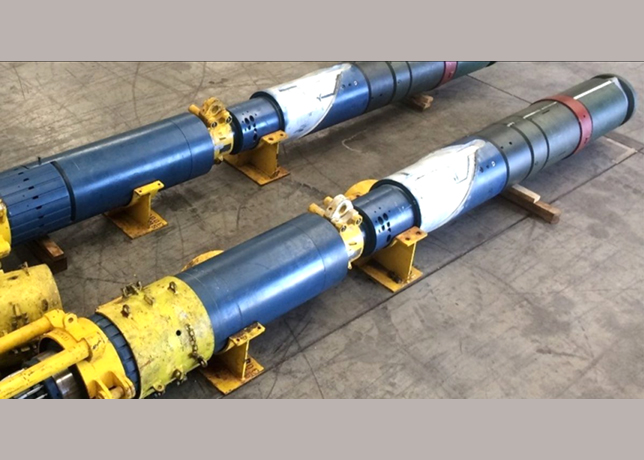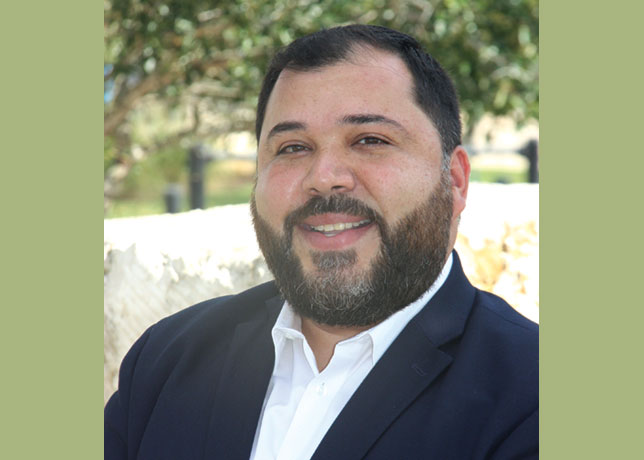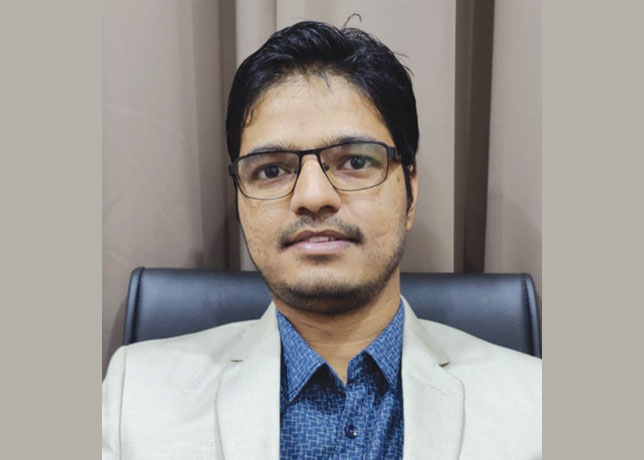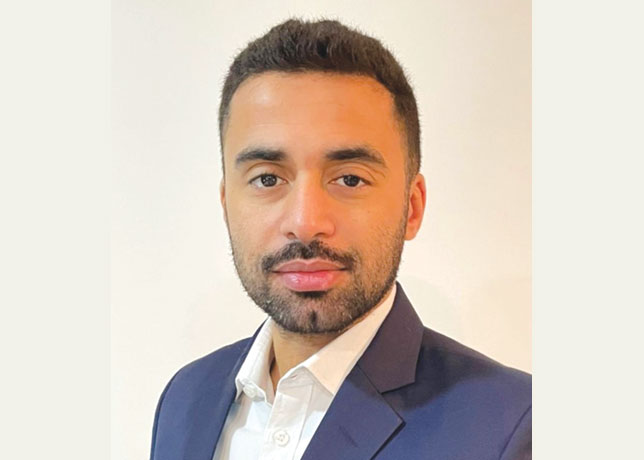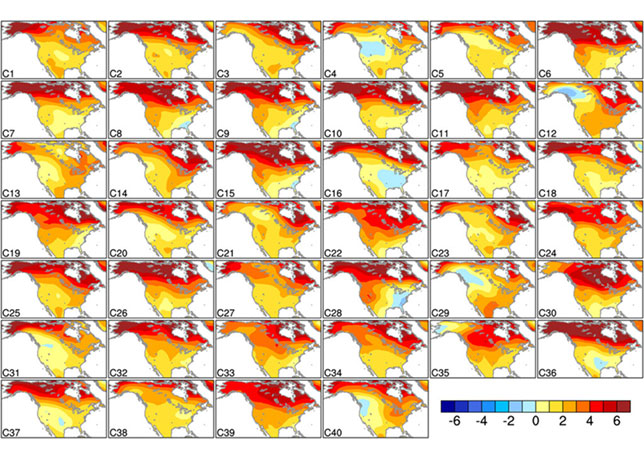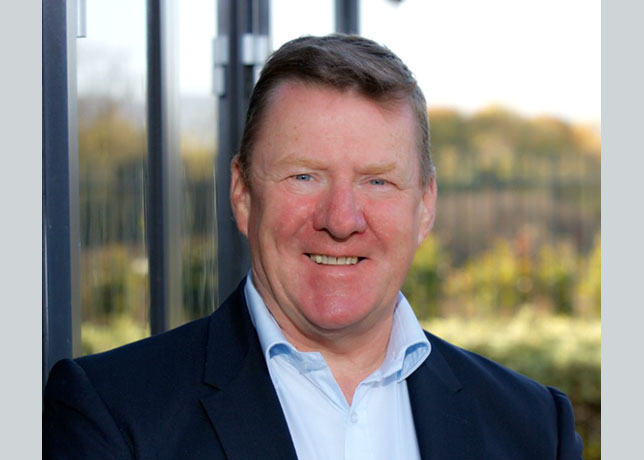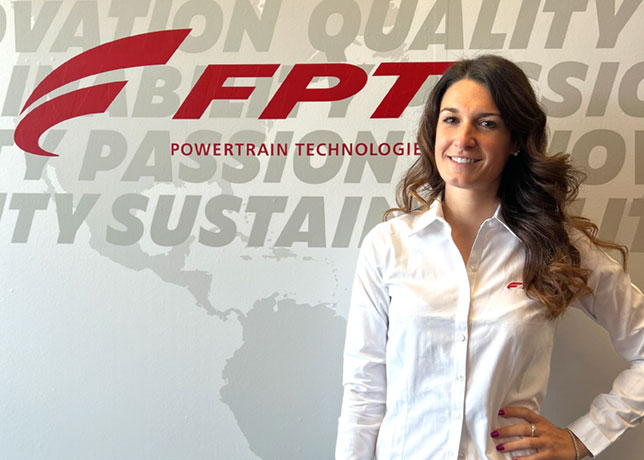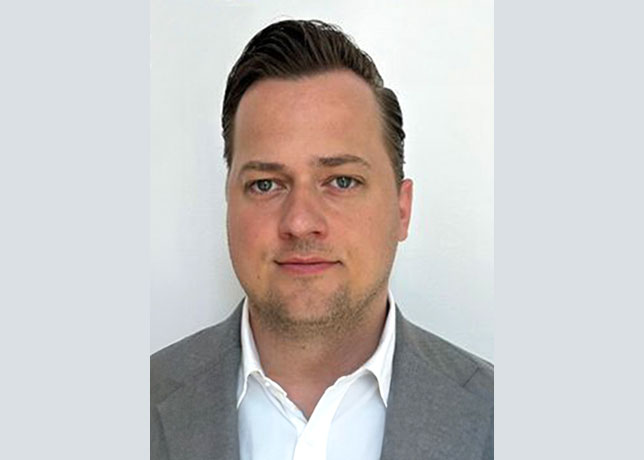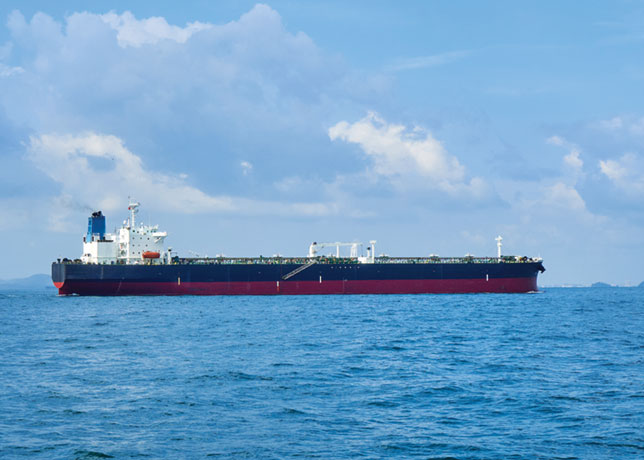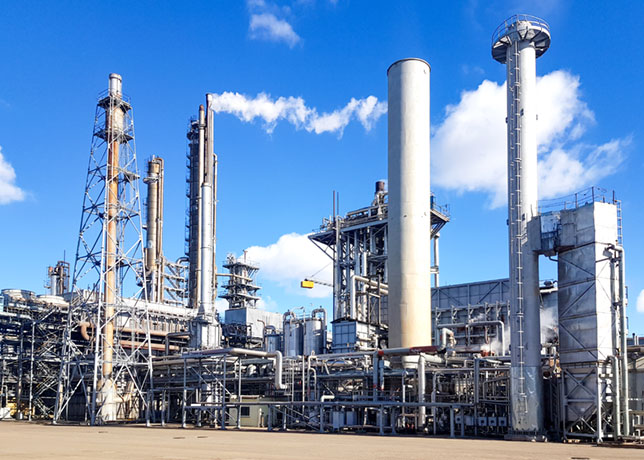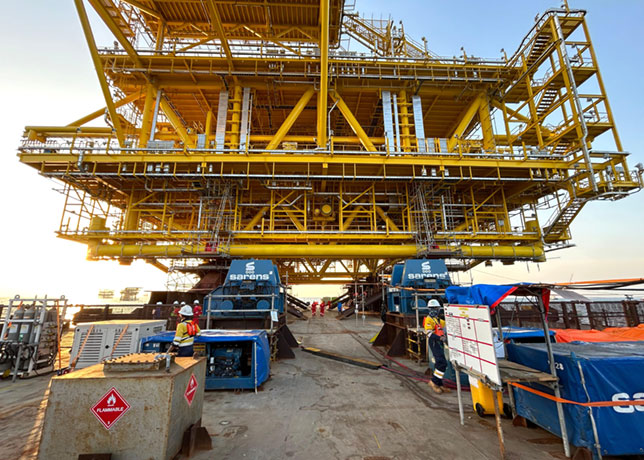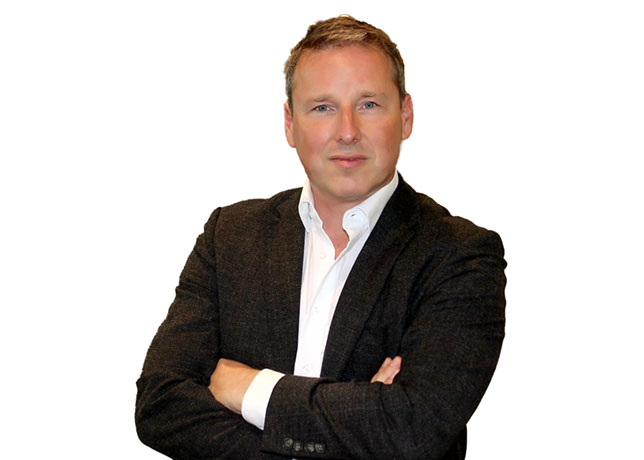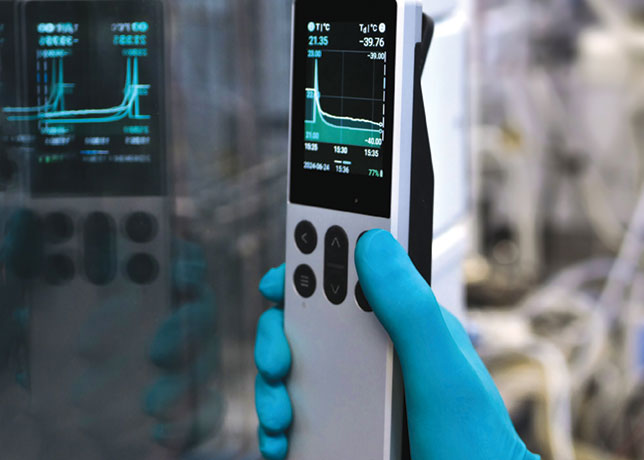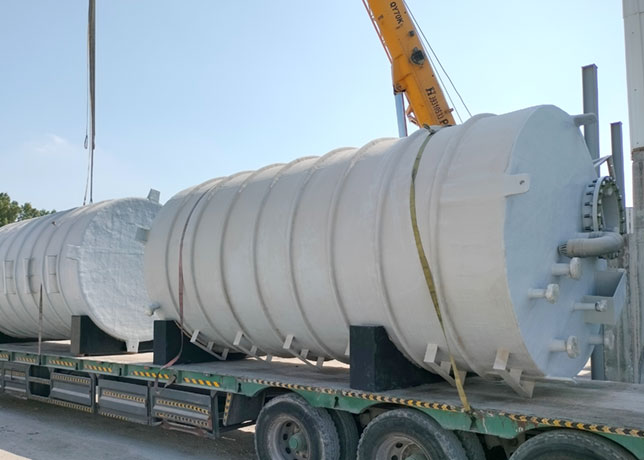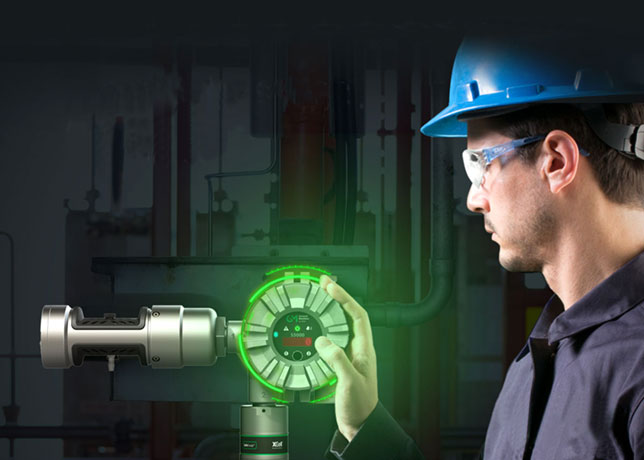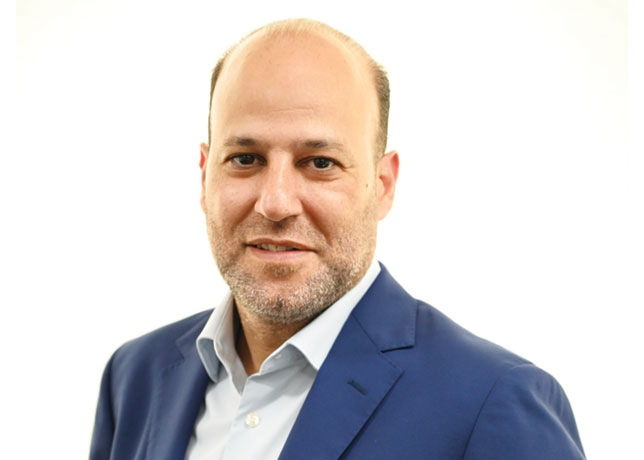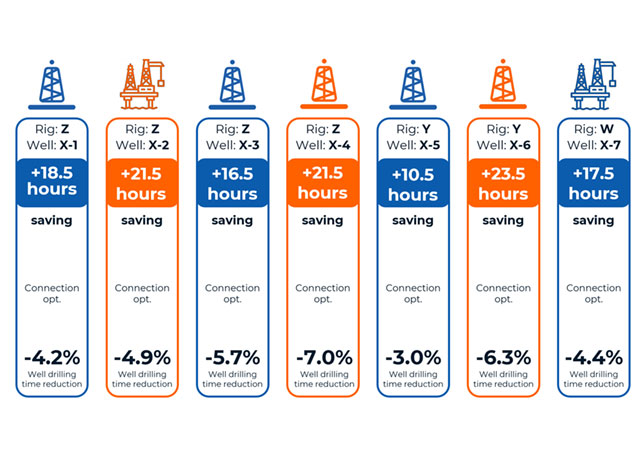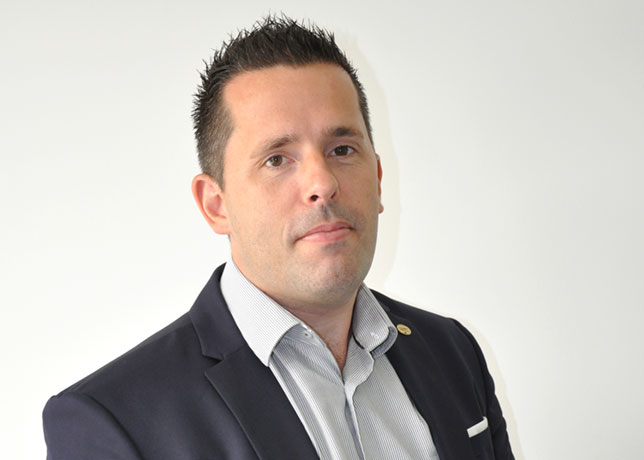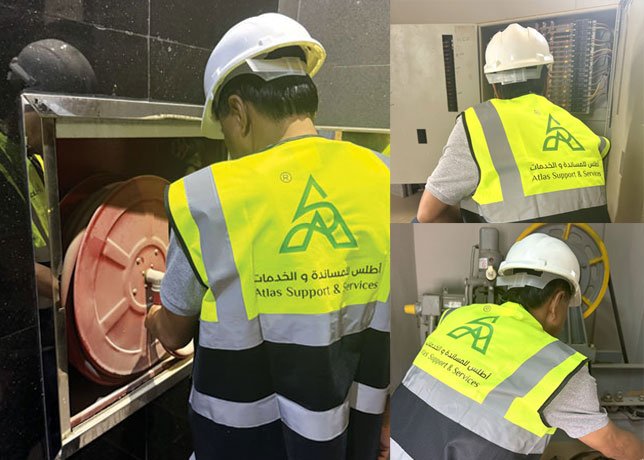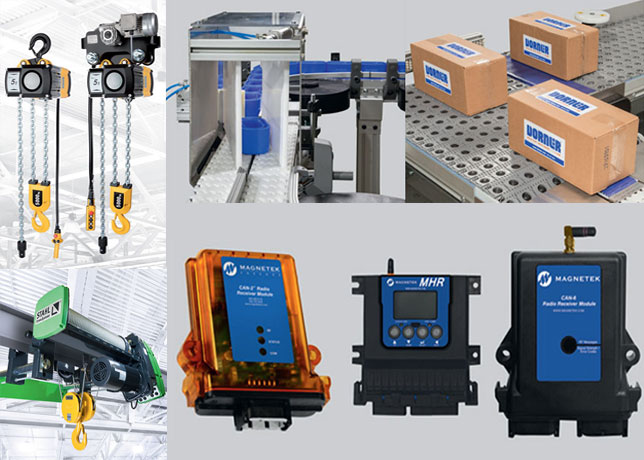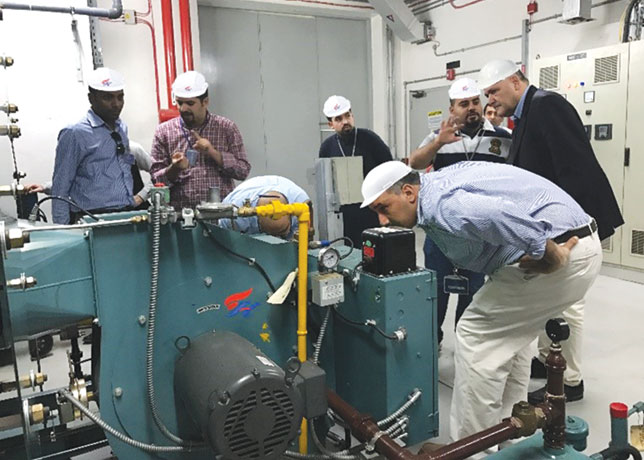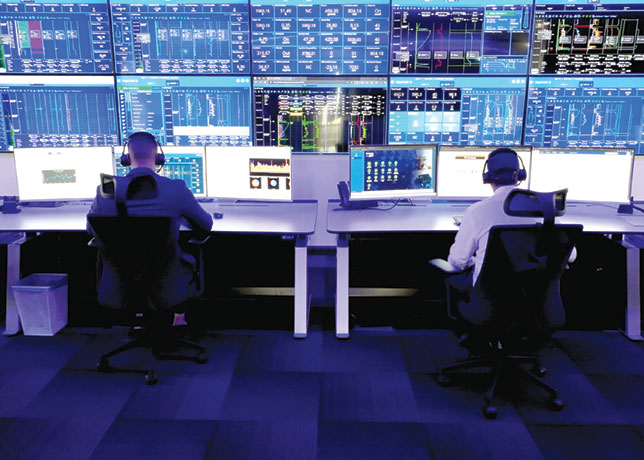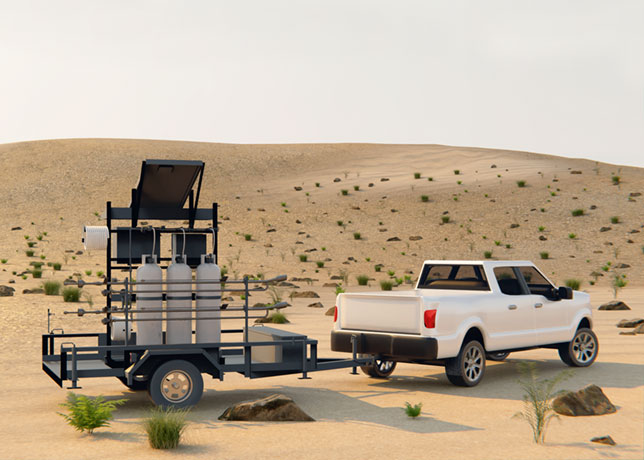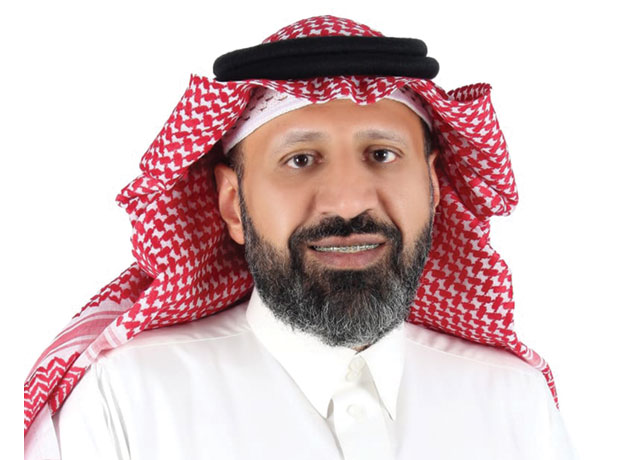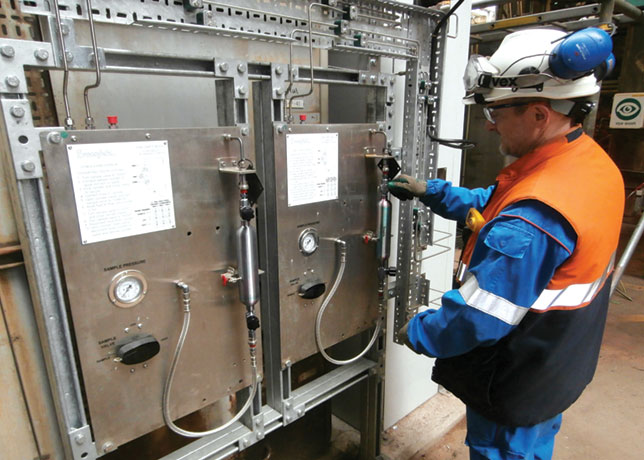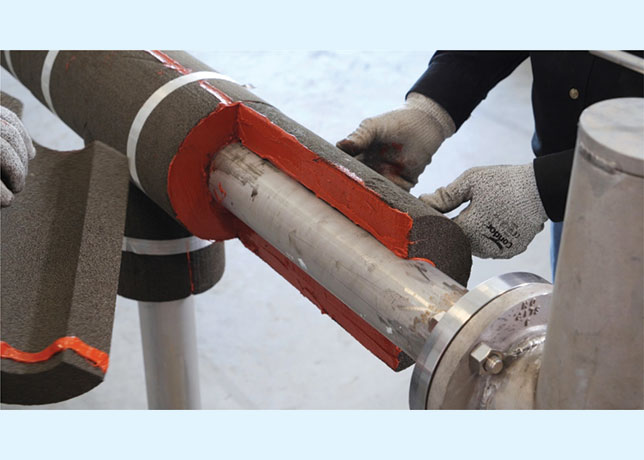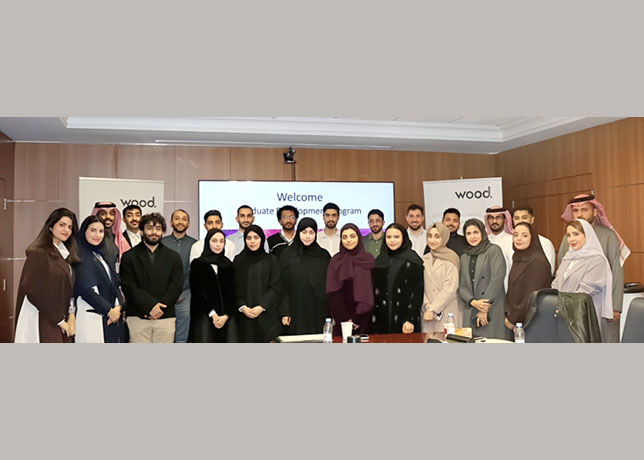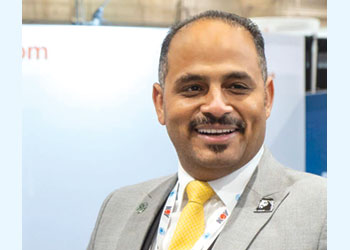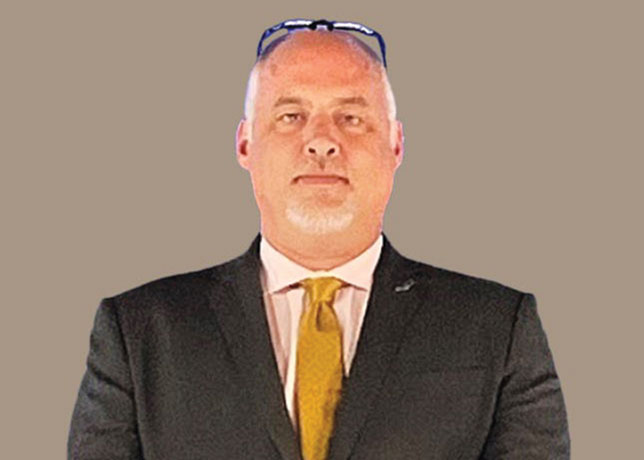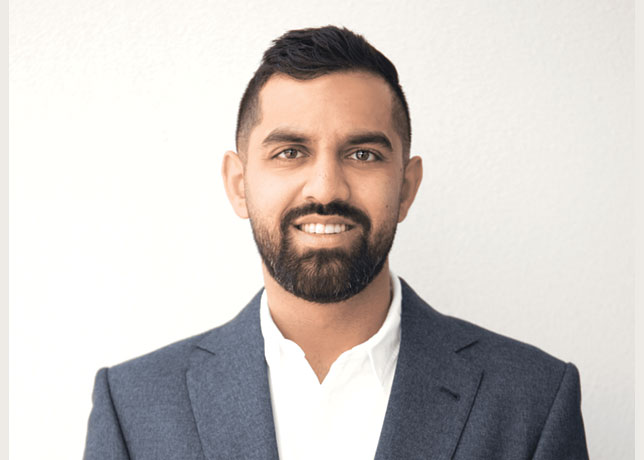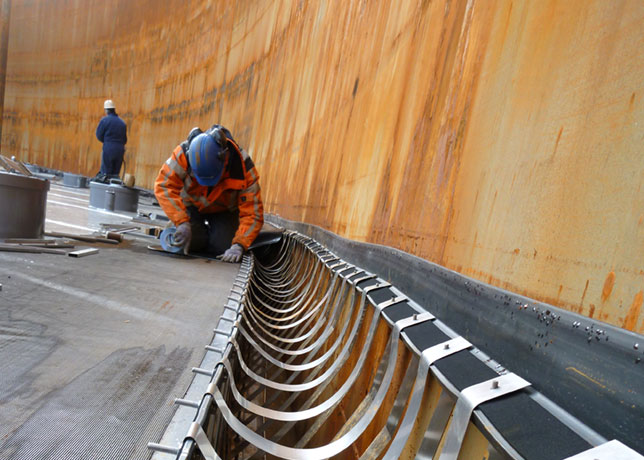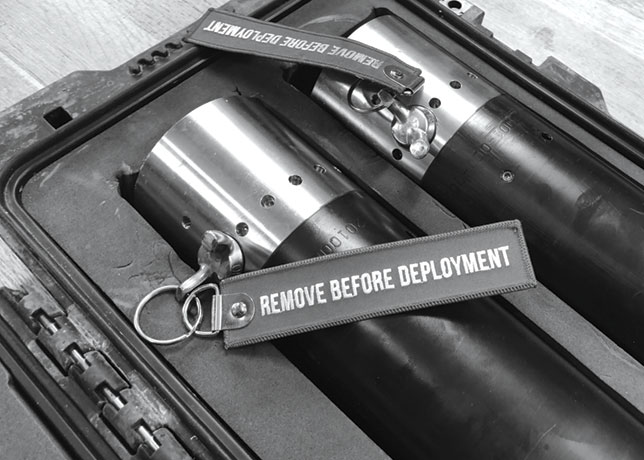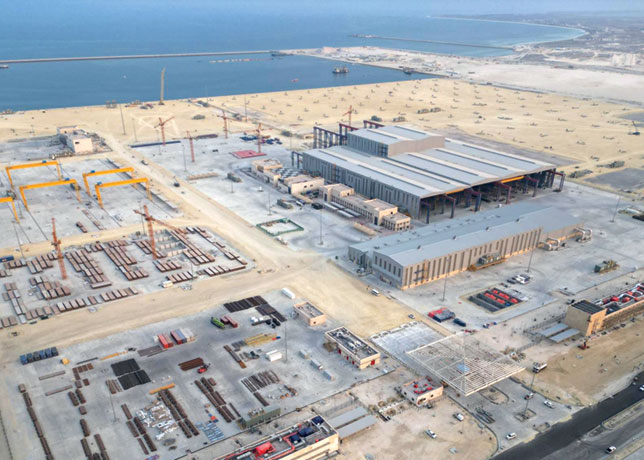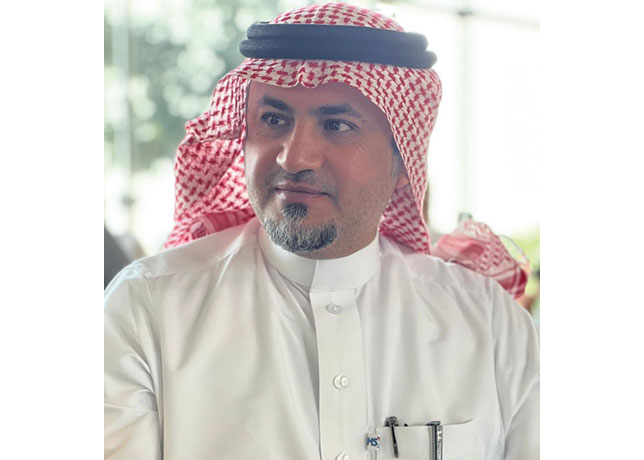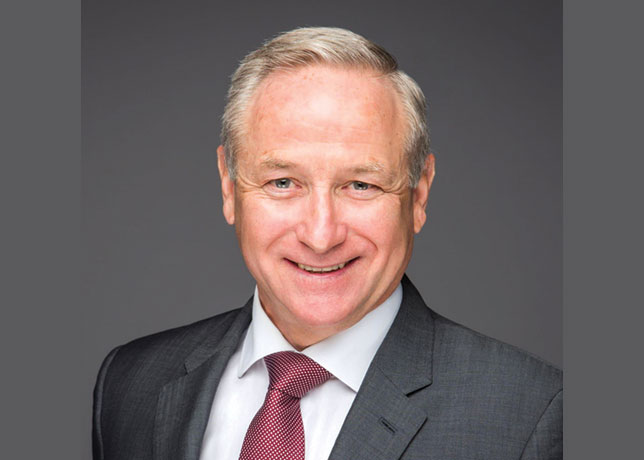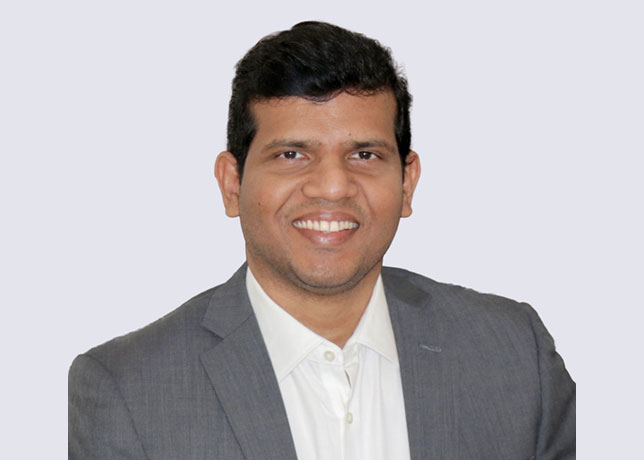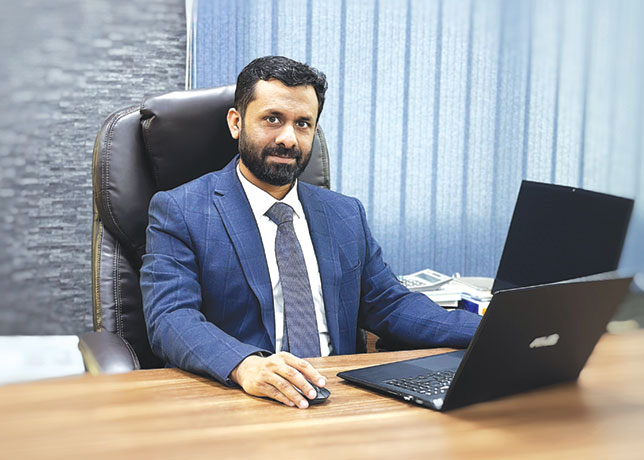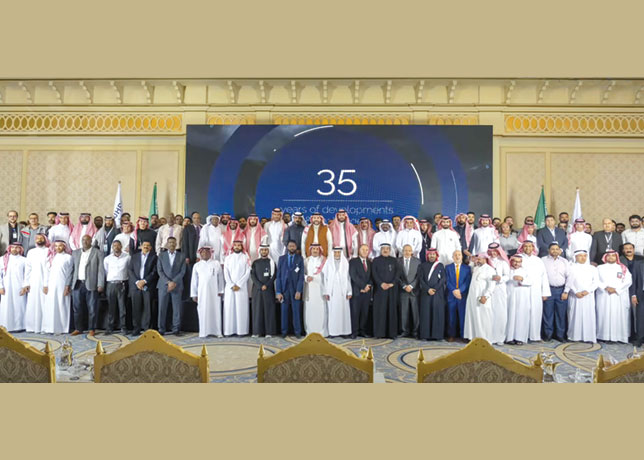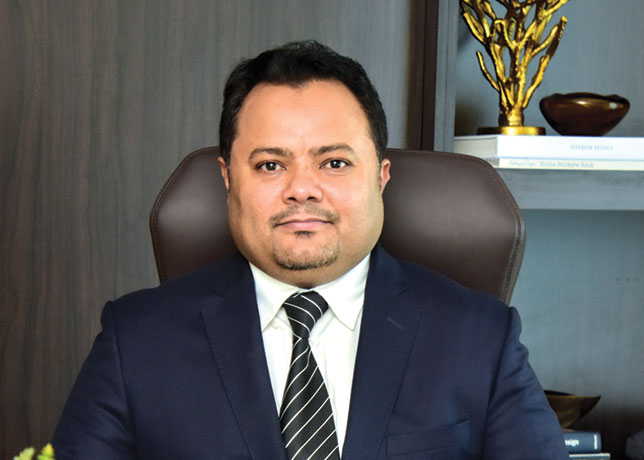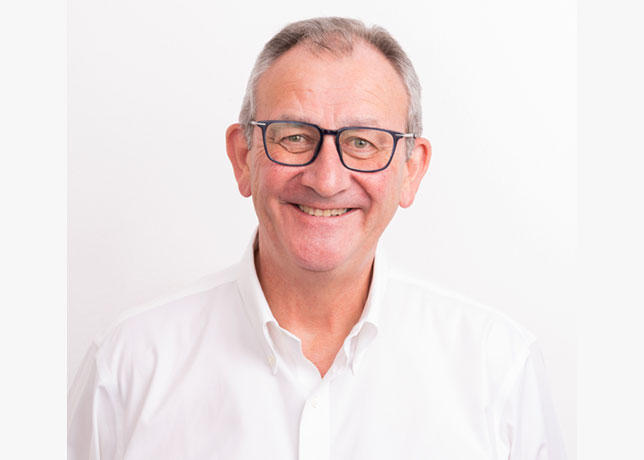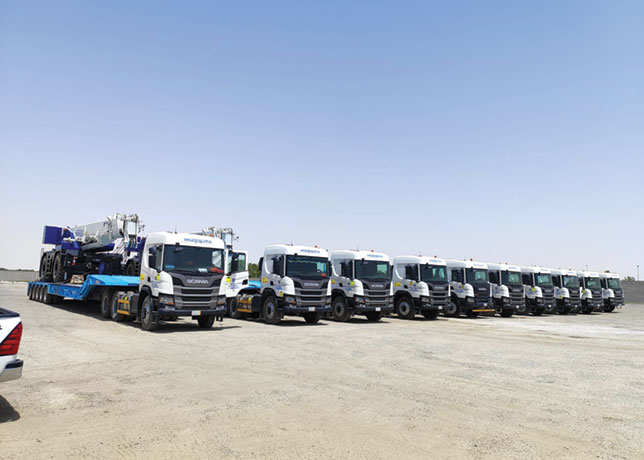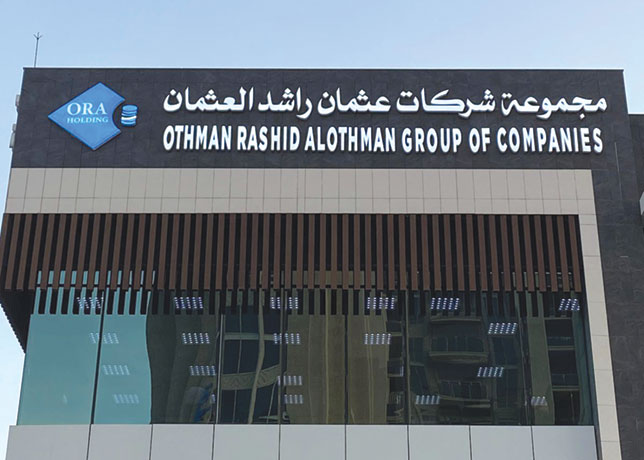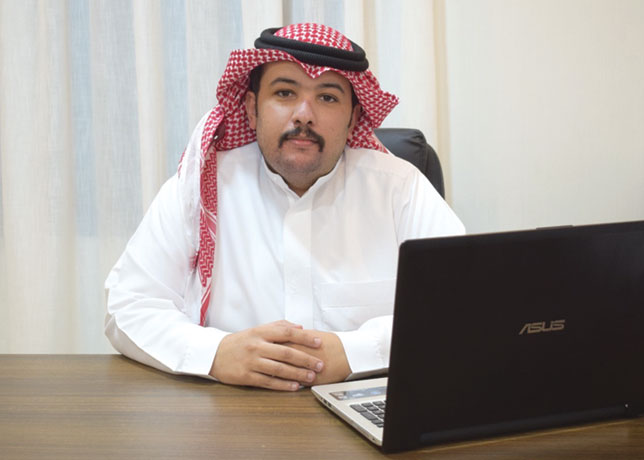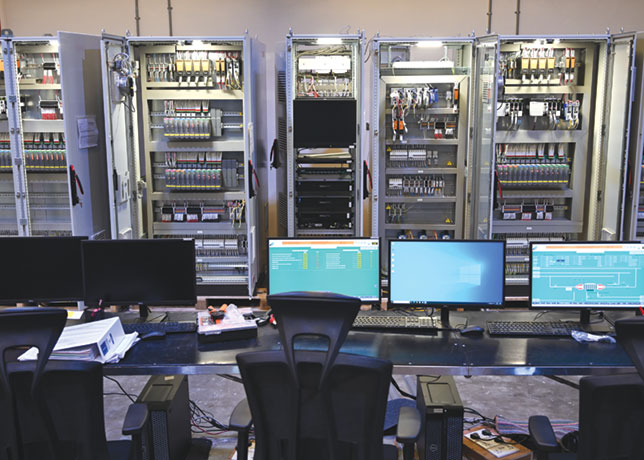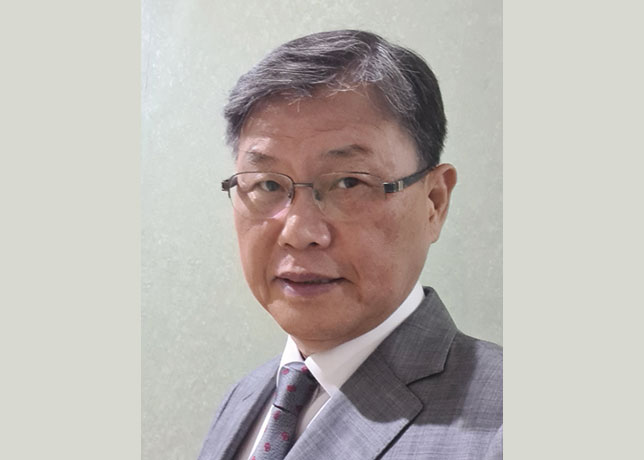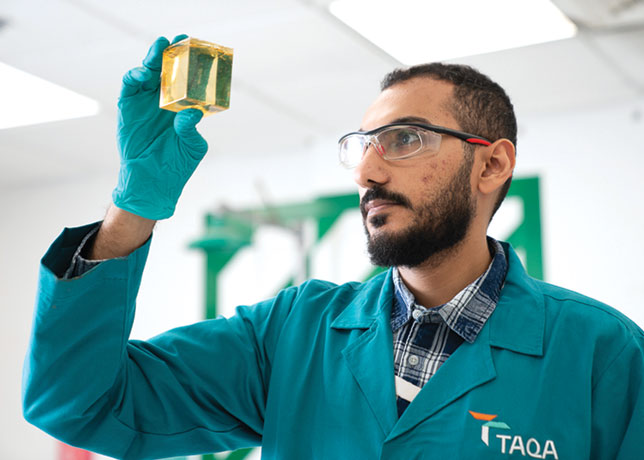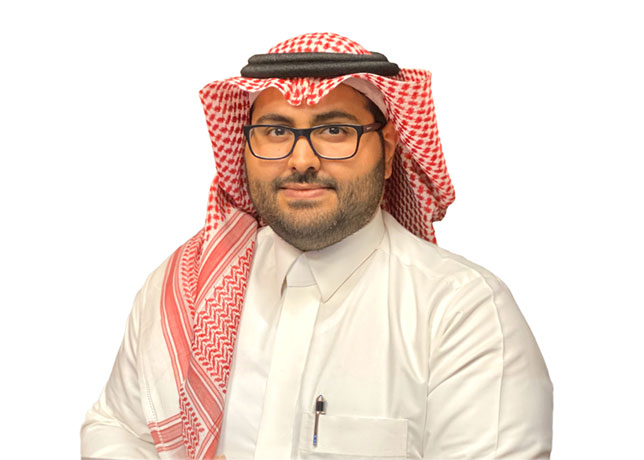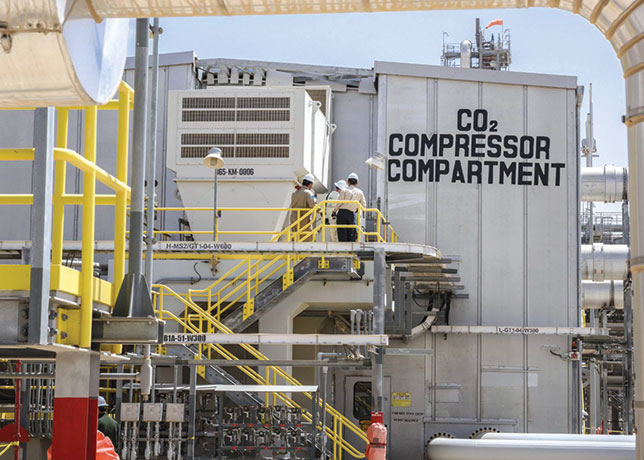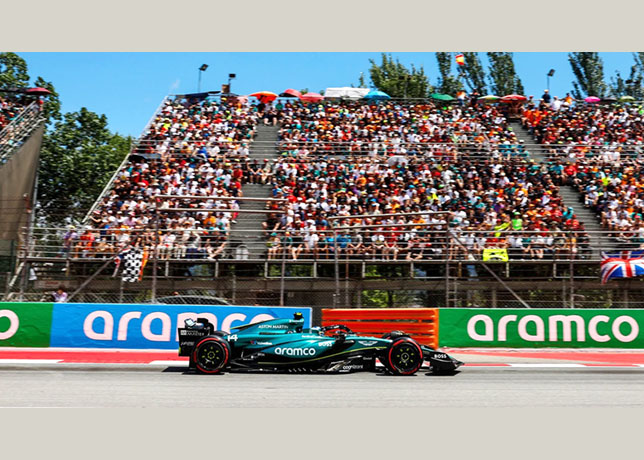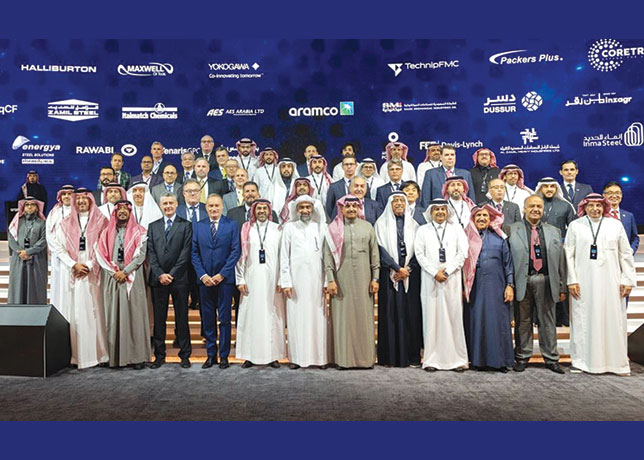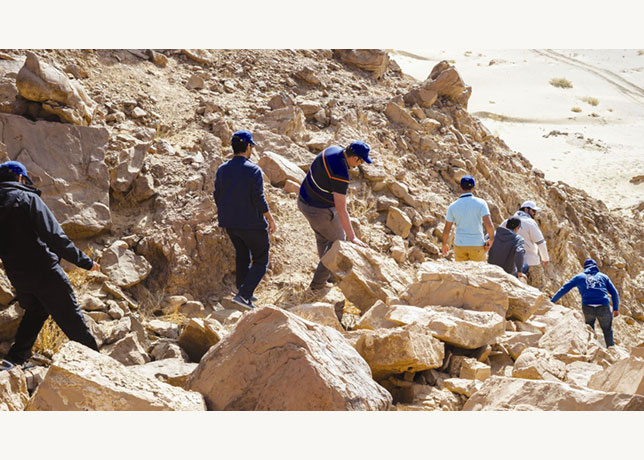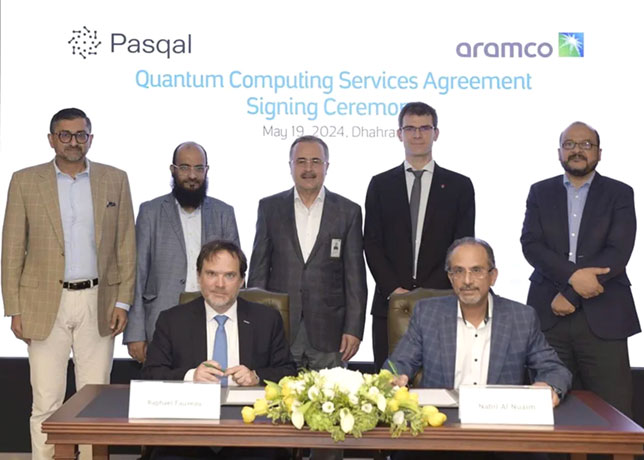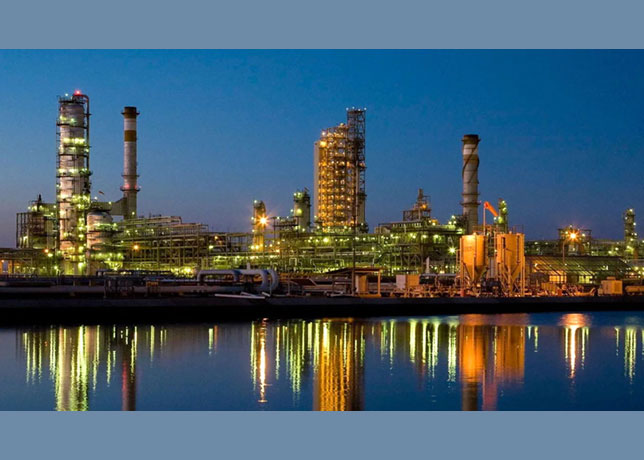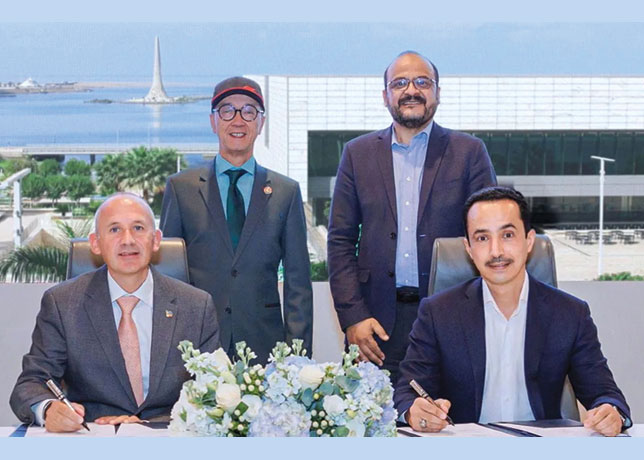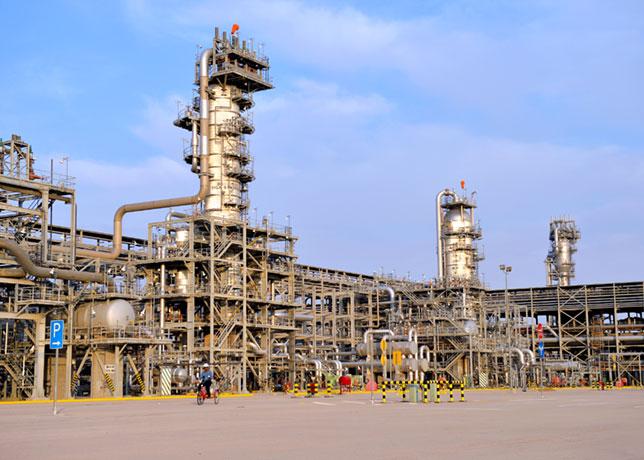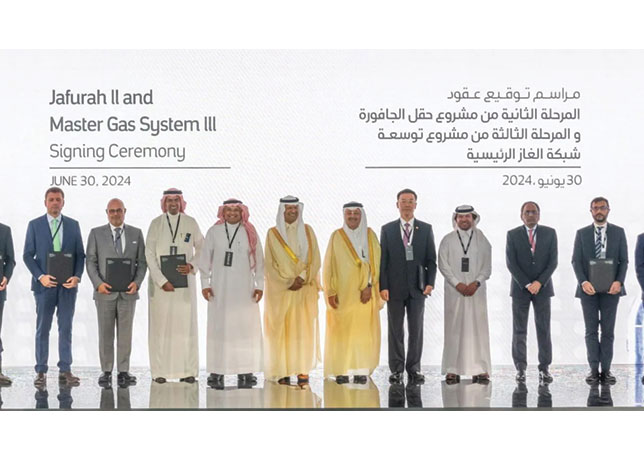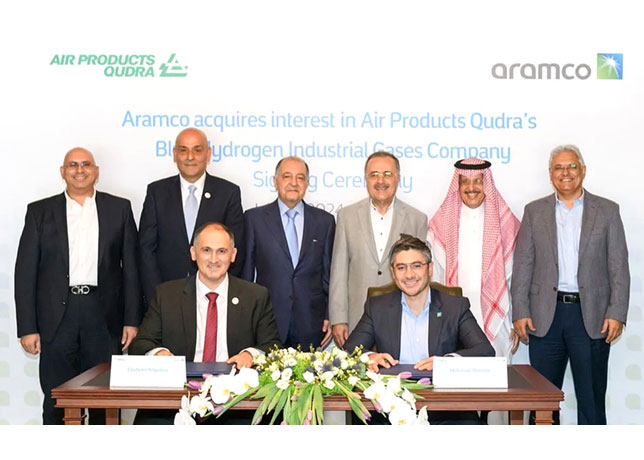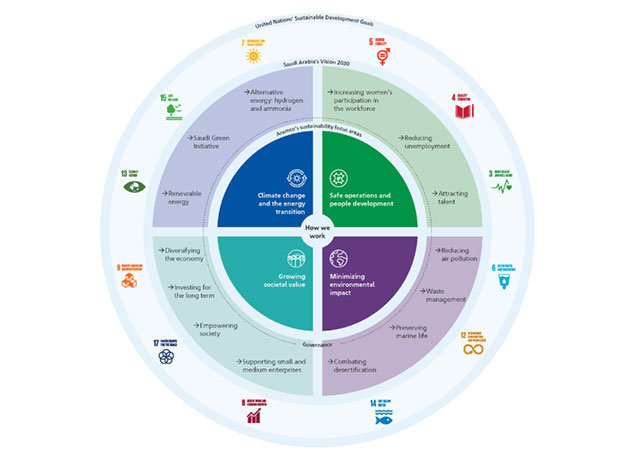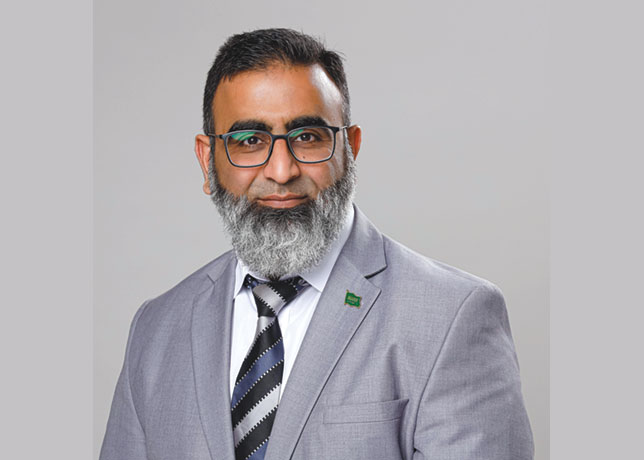
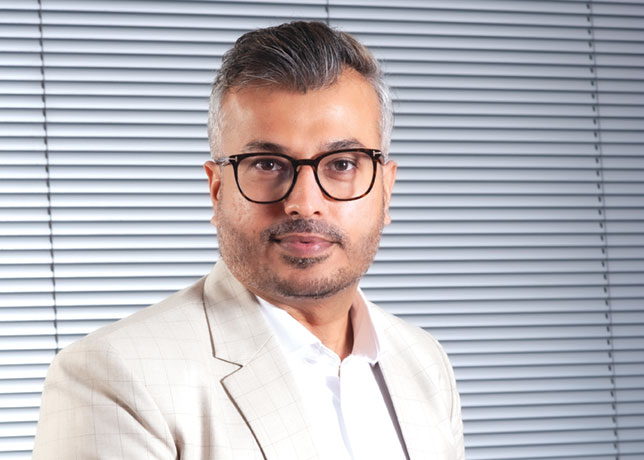 Jay Gadhavi ... expansion focus
Jay Gadhavi ... expansion focus
As KROHNE Middle East expands, it is boosting local support, enhancing service quality with hybrid workforce, and advancing sustainable measurement solutions to meet evolving energy sector demands, Jay Gadhavi tells OGN
KROHNE, a leading provider of process measurement solutions, has recently expanded its service team across the Middle East, underscoring the company's commitment to enhancing support for the region's diverse energy sector, which spans oil, gas, and renewable energy sources.
With a robust team now stationed in key markets such as the UAE, Saudi Arabia, Qatar, Kuwait, and Iraq, KROHNE aims to offer localised expertise and tailored solutions that address the unique challenges faced by clients in each sector.
In an exclusive interview with OGN energy magazine, Jay Gadhavi, General Manager of KROHNE Middle East, tells how KROHNE, in order to maintain high standards of service across its geographically dispersed team, has implemented a multi-faceted approach that includes rigorous training, standardised protocols, and advanced digital tools.
And as sustainability becomes a focal point in the energy sector, KROHNE is integrating eco-friendly practices into its measurement solutions.
By aligning its technologies with sustainability goals, the company continues to support the transition towards cleaner energy projects in the Middle East while advancing their long-term commitment to the region.
Below are excerpts from the interview:
KROHNE has recently expanded its service team in the Middle East. How does this expansion align with your strategy to support the diverse energy sector across the region, including oil, gas, and renewables?
The recent expansion of our service team in the Middle East is a strategic move to bolster our support across the diverse energy sector, including oil, gas, and renewables.
This expansion aligns with our commitment to providing localised expertise and tailored solutions.
By having a robust team on the ground, we can better understand and respond to the unique challenges and opportunities within each segment, ensuring that we deliver high-quality service and innovative measurement solutions that cater to the specific needs of our clients in the region. Essentially, we are offering a more human-centric approach.
With the hybrid workforce spanning UAE, Saudi Arabia, Qatar, Kuwait, and Iraq, what are the key strategies KROHNE is implementing to maintain high standards of service across such diverse geographical locations?
Maintaining high standards of service across a hybrid workforce in UAE, Saudi Arabia, Qatar, Kuwait, and Iraq requires a multi-faceted approach.
We implement rigorous training programmes, standardised service protocols, and advanced digital communication tools to ensure consistency.
Our teams are equipped with the latest technology to provide remote support and diagnostics, ensuring that we can offer prompt and efficient service regardless of location.
We recently introduced a series of modular service level agreement (SLA) packages that were built around customer needs.
This helps our team understand the kind of response a customer could and should except from KROHNE whatever the country.
In addition to this, as you can see from our recent news announcement, we make it incredibly easy to access our support teams through direct mobile and messaging with the engineer who will assist you onsite. We feel this helps build stronger relationships through transparency and continuity.
Additionally, we foster a culture of collaboration and continuous learning, enabling our staff to share best practices and insights across borders.
KROHNE places a strong emphasis on reducing wastage and increasing measurement uptime. Can you provide examples of how these goals have been achieved in recent projects and their impact on your clients' operations?
At KROHNE, we focus on reducing wastage and increasing measurement uptime through our cutting-edge solutions. For instance, in recent projects, our advanced flowmeters and process instrumentation have helped clients minimise leaks and optimise their production processes.
One notable example is our work with a major oil refinery in the region, where our solutions led to a significant reduction in unplanned downtime and a corresponding increase in production efficiency.
These improvements not only save costs for our clients but also contribute to more sustainable operations.
As part of your expansion, how is KROHNE enhancing its partnerships with key industrial players in the Middle East to address critical measurement challenges in energy and other sectors?
Enhancing partnerships with key industrial players in the Middle East is crucial for addressing critical measurement challenges.
We actively collaborate with industry leaders, sharing our expertise in flow and process measurement.
These partnerships enable us to co-develop innovative solutions tailored to specific industry needs.
For example, we've partnered with major oil and gas companies to develop customised metering systems that improve accuracy and reliability in challenging environments, demonstrating our commitment to solving complex challenges and delivering shared value.
Sustainability is becoming increasingly important. How does KROHNE integrate sustainability into its measurement solutions, and how are these solutions contributing to cleaner energy projects in the Middle East?
Sustainability is at the heart of KROHNE's innovation. Our research and development teams all work to what we call the ‘Ten Golden Eco Rules’ of sustainable innovation, which guide any new product or solution development to ensure it adheres to increasingly stringent sustainable regulations and customer requirements.
We integrate sustainability into our measurement solutions by developing products that enhance efficiency, reduce emissions, and minimise environmental impact.
Our EcoMATE emissions monitoring solution is one such example, developed in response to European Union (EU) legislation to encourage ships to reduce emissions, helping clients in the Middle East adhere to stringent environmental regulations and transition towards cleaner energy projects.
By providing accurate and reliable measurement data, we empower our clients to make informed decisions that align with their sustainability goals.
We have similar highly-engineered solutions regarding pipeline management and other areas too.
With the evolving SLAs in place, what are some of the specific metrics KROHNE uses to ensure service excellence and accountability, and how do these metrics drive continuous improvement?
KROHNE’s SLAs are designed with specific metrics to ensure service excellence and accountability.
Key metrics include response time, resolution time, and equipment uptime. These metrics are closely monitored and regularly reviewed to identify areas for improvement.
We use data analytics to track performance trends and implement proactive measures to enhance our service delivery.
This commitment to continuous improvement not only helps us meet our clients' expectations but also drives innovation in our service offerings, continuing to add value and build trust.
KROHNE’s expansion includes a hybrid workforce model. How does this model enhance your ability to provide timely and effective service across different regions, and what benefits does it offer to your clients?
Our hybrid workforce model enhances our ability to provide timely and effective service across different countries in the Middle East.
By combining on-site presence with remote capabilities, we offer flexibility and rapid response to our clients' needs.
This model allows us to leverage local expertise while also providing access to our global network of specialists.
Clients benefit from reduced response times, increased availability of support, and the assurance that they are receiving the best possible service, regardless of their location.
The energy sector is undergoing significant transformation. How is KROHNE adapting its measurement technologies and solutions to meet the demands of this transition, particularly in terms of innovation and efficiency?
KROHNE is adapting its measurement technologies to meet the evolving demands of the energy sector by focusing on innovation and efficiency.
We are investing in digital transformation, developing smart instruments that offer real-time data and predictive analytics.
These advancements enable our clients to optimise their operations, improve safety, and reduce costs.
As the energy sector shifts towards cleaner and more sustainable sources, we are also expanding our portfolio of renewable energy solutions, helping clients transition smoothly and efficiently.
Can you share a recent success story where KROHNE’s measurement solutions significantly improved a client's operations in the Middle East? What were the key factors that led to this success?
A recent success story involves our collaboration with a major gas processing plant in the Middle East.
KROHNE's advanced flow measurement solutions significantly improved the accuracy and reliability of their gas flow data.
This enhancement led to optimised process control, reduced wastage, and substantial cost savings.
The key factors that contributed to this success were our deep industry expertise, the reliability of our technology, and our ability to provide tailored solutions that met the client's specific needs.
Looking ahead, how does KROHNE plan to further its commitment to the Middle East, and what are your long-term goals for enhancing your service offerings and technology solutions in the region?
Looking ahead, KROHNE is committed to further strengthening its presence in the Middle East.
Our long-term goals include expanding our service offerings, investing in new technologies, and deepening our partnerships with key industry players.
We aim to continue providing innovative measurement solutions that help our clients navigate the evolving energy landscape.
By focusing on customer-centric solutions and sustainability, we will support the region's growth and contribute to the global transition towards a more sustainable energy future.
By Abdulaziz Khattak



